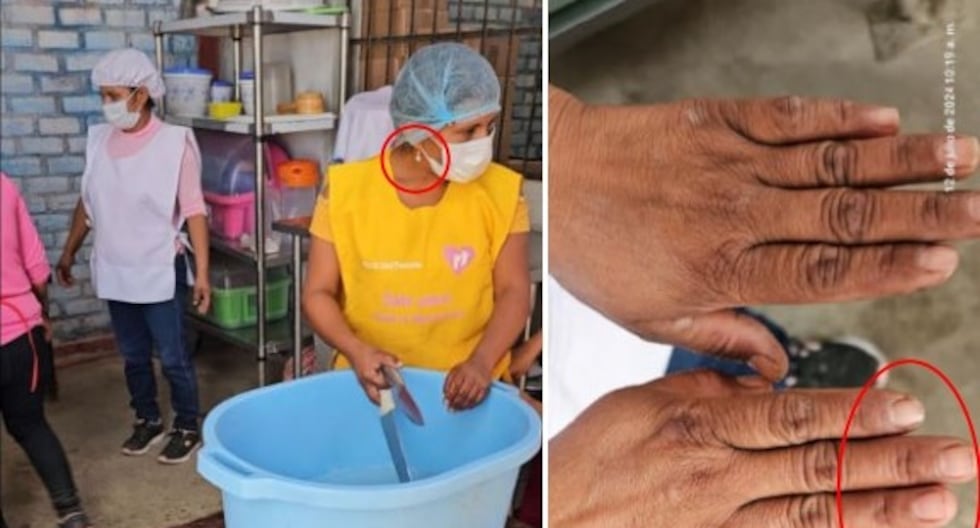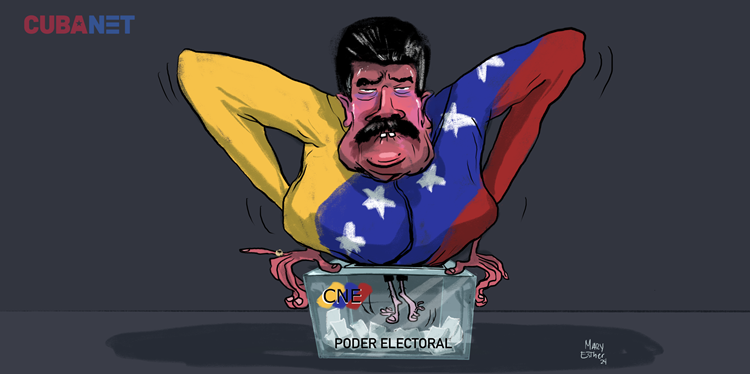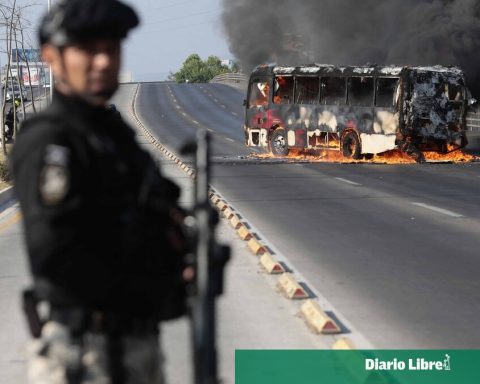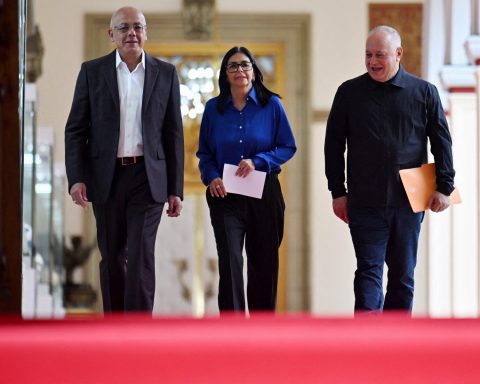AND
This August 7th is the day 50 years since the death of Rosario Castellanos Figueroa, one of our most important writers of the 20th century, who stood out for the literary quality of her work and for the way she addressed two issues: the situation of indigenous communities and the condition of women, being a pioneer of Mexican feminism. She was born in Mexico City on May 25, 1925. As a newborn, her family, owners of a large estate in Comitán, returned to Chiapas. A year later her brother Mario was born, who was his parents’ favorite. The person who looked after her in her childhood was her nanny, Rufina, a Tojolabal woman, through whom she learned about the life and culture of the indigenous people of Chiapas.
Her brother Mario died at the age of seven from an intestinal infection. That loss left its mark on her. Her family made her feel that they would have preferred her to die and not her brother. Little Rosario felt guilty for a long time. She became more shy and introverted. Since then, she found refuge in books.
He began to write a diary and his first poems. He found his true calling in literature. His family, affected by the Cardenista agrarian reform, returned to Mexico City when he was 16. In 1945 he enrolled in the philosophy school at UNAM.
Shortly before her 23rd birthday, she became an orphan. By then she had completed her philosophy studies. At 23 she published her first book of poetry, Dust trajectoryof an autobiographical nature. That same year, 1948, appeared Notes for a declaration of faithwhere he describes the religious crisis of his adolescence.
His master’s thesis, On female culture, It is the starting point for Mexican feminism. She criticizes Western philosophers such as Schopenhauer and Simmel, as well as Saint Paul and Saint Thomas, a chorus of men who maintained the intellectual inferiority of women and their inability to generate culture. Rosario questions the role that patriarchal culture has assigned to them as those responsible for procreation, the care of children, the home, and marginalized from cultural creation. And she states: The world that is closed to me is called culture. Its inhabitants are all male.
. And he asks with irony: Do women lack spirit? Is it right to think of them as the missing link between ape and man? Do they not suffer from that need for eternity that torments men and drives them to create?
However, women have created important cultural works, such as Sappho, Virginia Woolf, Saint Teresa and Gabriela Mistral.
In 1952 he published Checkerboarda work that narrates a meeting of seven writers, where rivalry, professional jealousy and the dilemma between writing or being a mother are developed in harsh dialogues, full of sarcasm. In 1955 she published her most famous novel, Balun Cananwhere she recreates her childhood, her experiences and the indigenous world of Chiapas. It is set on a farm during the Cardenista era and describes the arrival of agrarianism and the tensions it caused. It narrates not only the marginal condition of the indigenous people, but above all the oppression of women and even more so of indigenous women. At the same time, she contrasts her privileged situation and that of her family with the deprivation and misery of the communities. She later worked at the National Indigenous Institute of Chiapas, bringing puppet theatre to the villages, educating children in hygiene and care.
In 1958 she married the philosopher Ricardo Guerra. A year later she published Salome and Juditha harsh criticism of the condition of mothers and daughters imposed on them by patriarchal society. In strong dialogues, the mother, Judith, expresses to her daughter Salomé her pain at her husband’s infidelity and contempt.
In 1960 he published Livid lighta book full of pain, affected by the death of her little daughter Adriana, who died three days after being born. Rosario was still trapped by pain, the fear of loneliness, of being single. She reflects on the harsh role that patriarchal society imposes on women without a partner, without children.
That same year appeared Real citywhere he crudely narrates the complexity of the relationships of domination/subordination between whites, ladinos and indigenous people. The racism, discrimination, violence, exploitation with which the ladinos treat the indigenous people and the complicity and violence that the indigenous people exercise in their communities, with their women and families are told without romanticism, without idealizing them. Office of darkness (1962) tells of the uprising of the Tsotsiles in San Cristóbal de las Casas in 1867 against the whites, the Coletos, a furious rebellion against the injustice and oppression they suffered, transferring the action to Cardenismo. Once again it expresses the denunciation against injustice, oppression and exclusion, both of the indigenous people and of women.
He also wrote August’s guests (1964), Family album (1971), Woman who knows Latin (1973) and The eternal feminineworks in which she continued to speak about the condition of Mexican women and particularly indigenous women. She also wrote illuminating essays and newspaper articles on these subjects. The beauty of her texts and the depth with which she narrated the feminine world and criticized patriarchal society made her one of the greatest Mexican writers and thinkers.
He died in Tel Aviv on August 7, 1974.
















